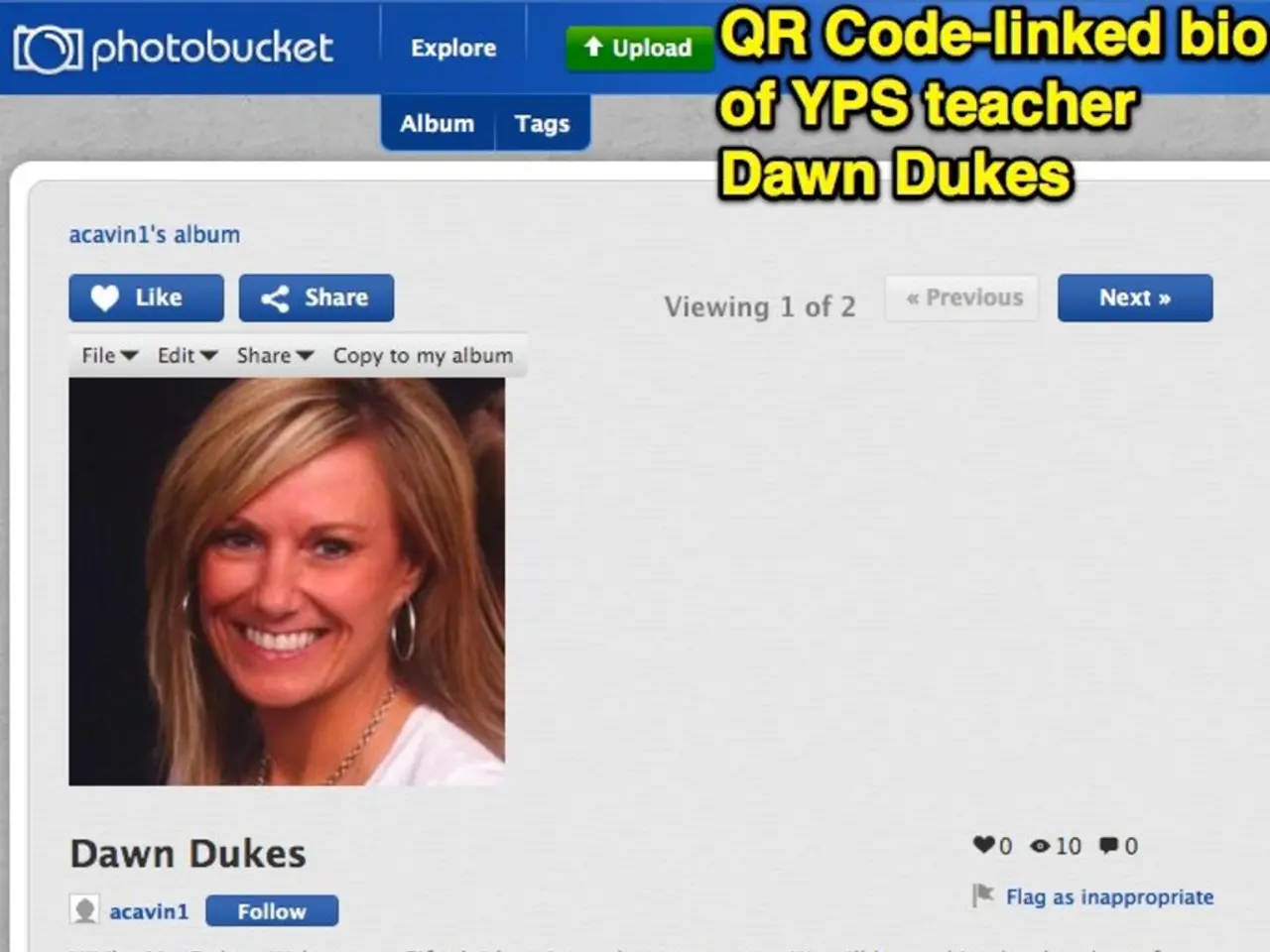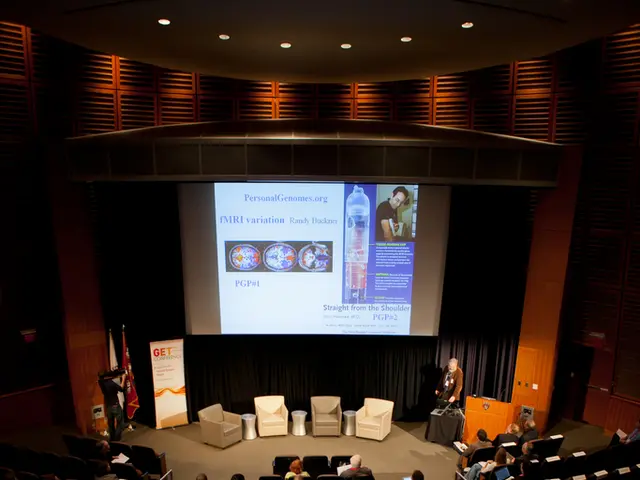Education Minister Prien Proposes Expert Commission for Tightening Social Media Regulations Aimed at Youth
In the digital age, the implementation of stricter age rules for social media platforms like TikTok and Instagram is becoming a pressing issue globally, especially in light of recent developments such as Australia's decision to ban minors under 16 from accessing major social media platforms by December 2025. Here's a discussion on the effective implementability of such rules and potential alternative solutions for child and youth protection.
Effective Implementability
Australia's Approach
Australia plans to use age verification technologies to enforce the ban. However, the effectiveness of this method is uncertain, as it may be difficult to enforce without robust age verification systems in place. Moreover, the lack of exemptions for existing users or those with parental consent could be problematic.
Technical Challenges
Users can easily manipulate their age on platforms like Instagram by changing their birthdate settings. This points to a significant challenge in enforcing strict age rules. Without robust age verification, users can evade restrictions by simply altering their stated age.
Alternative Solutions for Child and Youth Protection
Education and Awareness
Educating parents on how to monitor their children's online activities and setting limits can be more effective than strict bans. Teaching children about online safety and the potential risks of social media can help them make informed decisions.
Platform-Based Solutions
Platforms can work on filtering content based on age, ensuring that inappropriate content is not accessible to minors. Improving mechanisms for reporting harmful content or interactions can help protect children from online bullying and harassment.
Regulatory Frameworks
Encouraging international collaboration to establish consistent age verification standards and regulations could help in enforcing age restrictions more effectively. Regular audits of social media platforms to ensure compliance with age-related regulations, backed by penalties for non-compliance, could be more effective than outright bans.
In summary, while stricter age rules are being implemented, their effectiveness is contingent upon robust age verification systems and international cooperation. Alternative solutions focusing on education, platform-based solutions, and regulatory frameworks offer promising avenues for protecting children and youth in the digital world.
Meanwhile, the Bundestag, Germany's federal parliament, is set to join the social media platform TikTok with a new account. However, the Bundestag's TikTok account is not mentioned to have started before the coming weeks and does not indicate a change in the federal government's stance on stricter rules for social media platforms like TikTok and Instagram.
Federal Education Minister Karin Prien (CDU) and Bundestag President Julia Klöckner (CDU) have expressed contrasting views on stricter age rules. While Minister Prien has repeatedly advocated for stricter age restrictions to protect children and young people, Klöckner suggests that the effectiveness of a minimum age in contributing to responsible social media use depends on the project's implementability. Klöckner also believes that politically supporting young people's responsible and sovereign use of social media through more media education is important, as TikTok is a primary source of information for many young users.
The expert commission's work on stricter rules for social media platforms like TikTok and Instagram, set to begin in the coming weeks, will not focus on any specific social media platform besides TikTok and Instagram. The expert commission's work and any resulting recommendations will be reported in the Funke media group's newspapers.
- The discussion on child and youth protection in the digital age suggests that education and awareness for parents and children about online safety could be more effective than strict age rules in combating potential risks on social media platforms like TikTok and Instagram.
- The challenges in enforcing stricter age rules, such as the difficulty in implementing robust age verification systems and users manipulating their age settings, are highlighted in the context of Australia's decision to ban minors from accessing major social media platforms.
- Encouraging international collaboration to establish consistent age verification standards and regulations, backed by penalties for non-compliance, is proposed as a potential solution for enforcing stricter age rules on social media platforms, with an example given as TikTok and Instagram.






